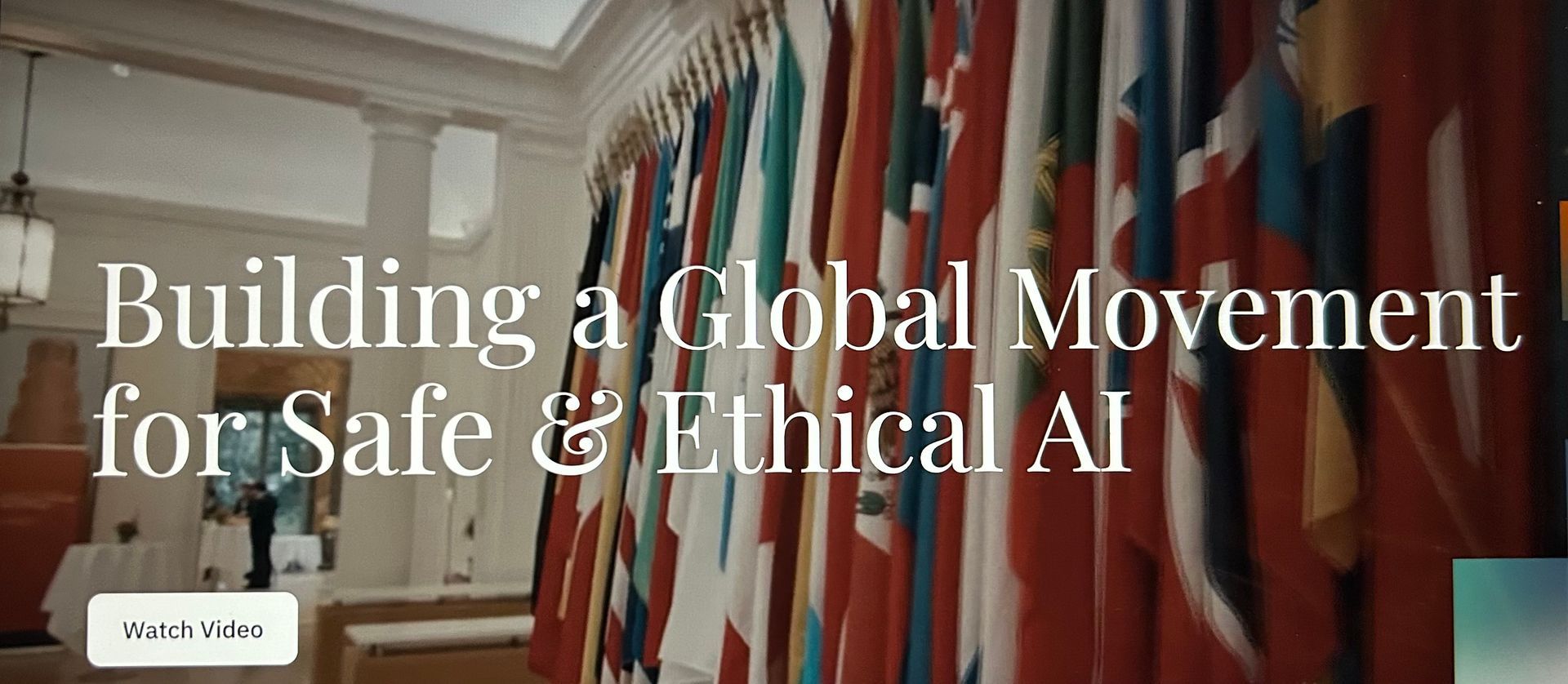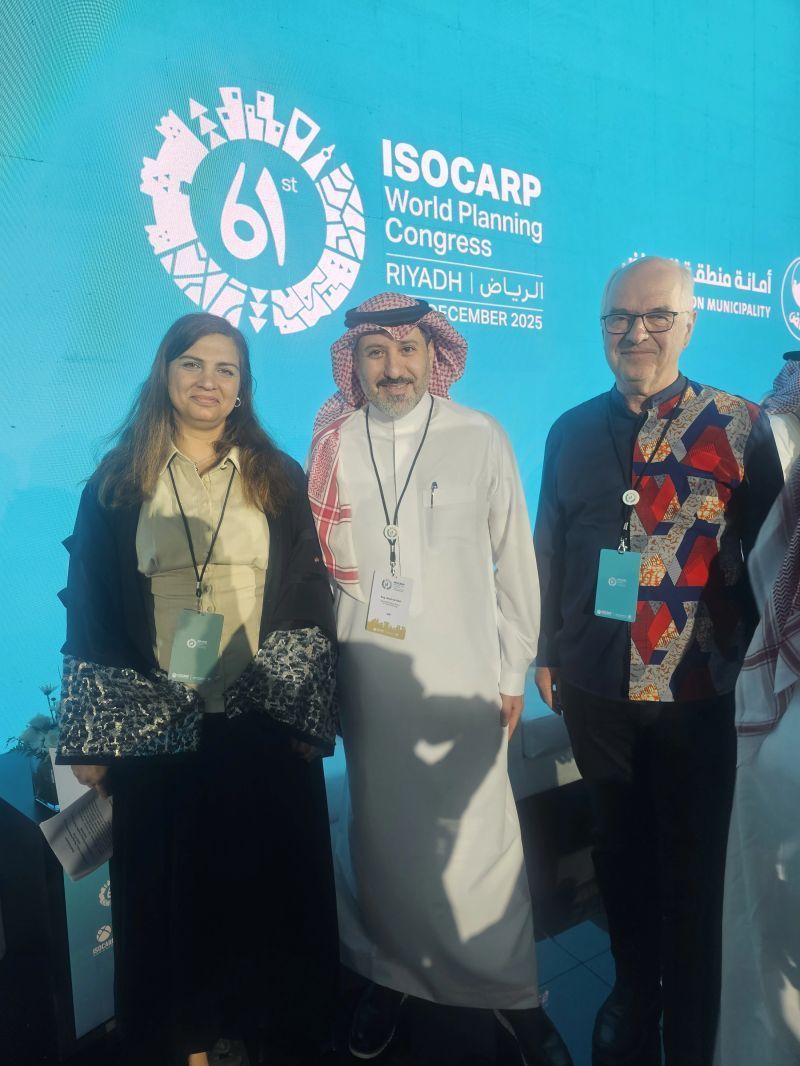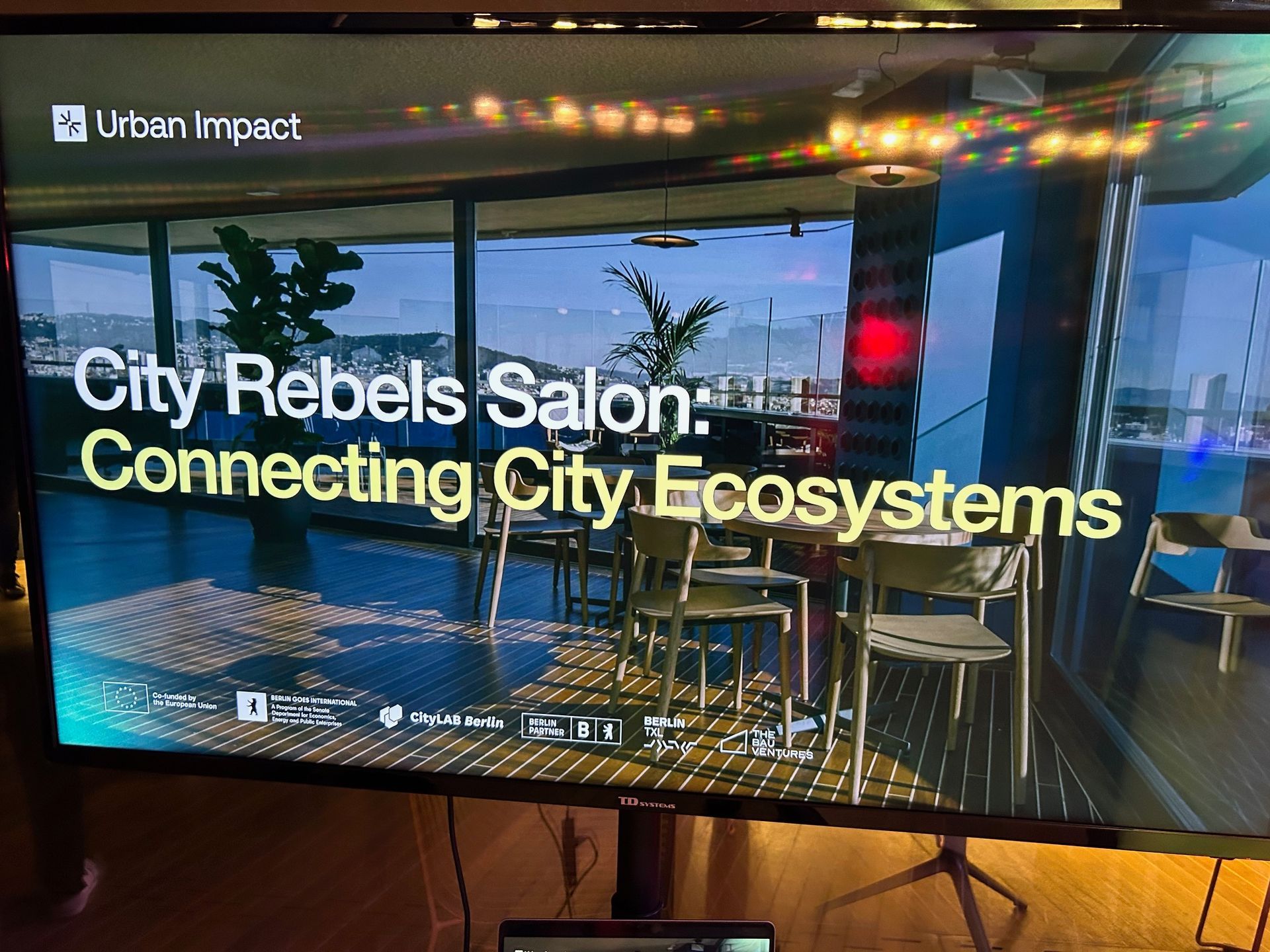Towards an Age of International Non Governmental Organizations

In the July 2025 issue of
ForeignAffairs Sarah Rush and Jennifer Hadden analysed the question ‘The end of the Age of NGOs? How Civil Society Lost its Post-Cold War Power’.
Yes, International Non Governmental Organisations (or
INGO) lost influence. For me, a main reason why INGO lost influence is because multilateralism lost power too. The high time of INGO was the high time of multilateralism (approximately between the 1992 Rio Earth Summit held in Rio de Janeiro, Brazil and the UN Sustainable Development Summit 2015, which adopted the 2030 Agenda for Sustainable Development, including the SDGs). Since the early 1990s, it is common that global intergovernmental conferences are accompanied by thousands of participants representing national and international NGO.
Of course, thousands of INGO representatives keep flocking to conferences like the Annual High Level Political Forum
HLPF to review progress on the 2030 Agenda, to
COPs reviewing the Paris Agreement on Climate Change, UN-Habitat Forums etc. Such conferences are important as they keep discussions going but with multilateralism losing its strength INGOs also are up in the air.
What’s necessary in this situation is that INGOs look more on their membership and refocus strategies:
- Expect declining membership numbers
- Because of the above and in case of reduced funding from government sources expect further declining INGO
budgets
In this situation I see INGOs applying different strategies
- Business as usual – Many INGOs just hope to sit the crisis out
- State of shock – They may look at the world with a kind of Gen Z Stare and think with disbelieve how so many things could go so wrong in spite of all good intentions
The way forward
- Bilateral and multilateral government efficiency is not growing either. Thinking that the private sector or AI will solve all problems in the interest of humanity would be a bet on the future without facts. Thus, it is likely that the need for transnational cooperation with INGO support will grow stronger again. Thus, while I think we haven’t seen an ‘Age of NGOs’ yet, such an age may come in future.
- One precondition, of course, is that INGOs and NGOs keep learning and embark on a transition where they spend more time with their members to explore ways to respond to declining International Governmental Organisations (IGO) and multilateralism, and growing political, societal and environmental challenges and dynamics at the beginning of a possible Age of AI.
- New INGOs like the
International Association for Safe & Ethical AI have an advantage in adapting more easily to the current developments.
In upcoming years I’ll certainly invest my time and experience in support of institutions that embark on transition rather than trying to sit out the storm.
Link to the above-mentioned article in Foreign Affairs
https://lnkd.in/dJeDPiEt
Link to this text as LinkedIn Post
https://www.linkedin.com/posts/graute_foreignaffairs-ingo-hlpf-activity-7362079015454543872-cosL?utm_source=share&utm_medium=member_desktop&rcm=ACoAABKVLZgBDiFcACAqzZh36DoIUF8JbJOBqw4
Policies and Governance for Resilient and Sustainable Cities and Regions









